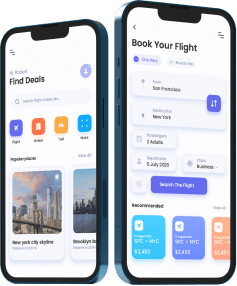Convert Website Into Android And iPhone App

The benefits of a mobile app for business cannot the overemphasized. However, the cost of mobile app development can be a problem for many small businesses. This will affect them and make their competitor move ahead of them. Technology also has solution for this type of businesses. They can convert their website into a mobile app in the form of web app.
A webapp is nothing more than a web page or online store converted into a mobile application. This would have its icon like any other application, it can be downloaded and installed from Google Play like any application and it will work like most applications in general.
Convert Your Website Into a Web App
The ideal is to have both, both a website and a mobile application, the reason is very simple and obvious, to attract more public and be able to compete in the current market where every company or business already has an application for its customers or employees.
With an application installed, the user will always have access to the web page by having the application installed on their phone, without having to open the web browser, write the url of the website, etc. As easy as clicking on the icon on the desktop or in your application menu to access the website.
We must also consider the corporate image that the company gives by having a mobile application and presence on Google Play; this being another search engine where we can attract customers who find us through searches on Google Play.
Benefits That Web App Offers Your Business
Opting for the development of a webapp has many advantages over opting for a native development, some being of little importance and others very relevant when making a decision.
- Modifications And Changes: as the webapp show the web page or online store, when modifying something on the web, this will be automatically modified in the app, without having to make duplicate changes. This makes it perfect for online stores, because when creating products, managing orders, and billing, everything is done from the store without having to have another panel, another billing and another stock in the app.
- Development Price: while a native application has a very high cost since it requires programming payment gateways, an interface, various screens and other features, a webapp has a very affordable cost, since what the application does is show the web on it.
- Wide Possibilities: whether you have a real estate, an online store, an intranet, a news blog, contact forms or any other website, it can be converted to an application without doubling the cost of programming to adapt it to the native language of the application.
Contact Us at Hyperlink IndoSystem To Convert Your Website Into a Mobile App
Better Search Engine Optimization
In 2016, when Google first released its first App First ratings - 'app first', this signaled the beginning of something. This was also the time when Google started linking websites to user mobile applications. For your business to survive, you must follow the rules set by Google. Because there have been cases where brands didn't take Google trends seriously and it cost them millions of dollars.
Higher Engagement Rate
Apps have a higher user engagement rate compared to websites. In-apps features like push notifications act as a means to increase user interactions with the app. This is done by sharing personalized content with the user through a push notification. If the message is a user-selected preference, they are more likely to engage with it.
Large Community
Right now, brands are continually working to get more loyal customers and apps are something that is preferred to gain a number of users in a shorter period of time. As you may have seen, brands are now very focused on building their own communities. Basically, a user base of loyal customers where they can share important information about the brand.
Using Device Features
Unlike websites, you can use your device's features with an application. Some of those features are camera support for face detection filters or document scanning, GPS to track a location or access maps along with other services, and many more. Each device has different characteristics and none of them are compatible with websites, only mobile applications.
Expand The Reach Of Your Target Audience
With mobile apps, you can expand the reach of your target audience in no time when compared to websites. App marketing costs are reduced for mobile apps, as additional mediators are removed from the process. With cost reductions, the productivity rate also increases by almost a quarter.
"Above page is written for promotional purpose. We do not damage any copyright. We create apps from the scratch only."
What We do To Get The Praise From The Best?
Mobile App
Development
Get the best in class mobile app development services and offer an impressive to immersive user experience to your target audience.
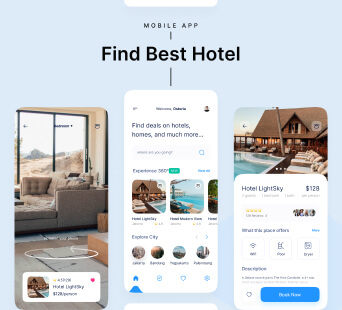
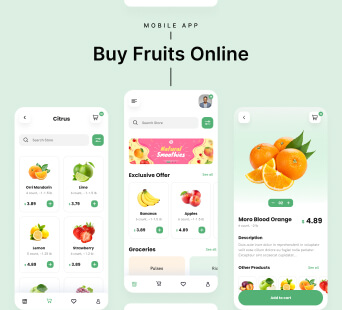
Web & CMS
Development
Make your "just an idea" to be recognized by a worldwide audience, transforming it with phenomenal Web development services.


Software
Development
Let our software development experts handle the chaotic programming complexity and deliver elegant and innovative solutions to enhance your business offering. We at Hyperlink InfoSystem offer feature-rich solutions for a wide range of software solutions starting from enterprise-based software to supply chain management or any other custom software development requirements our global clients have got. Hire Software developers from Hyperlink InfoSystem to get the perfect technological solution that can help to minimize human error through automation.
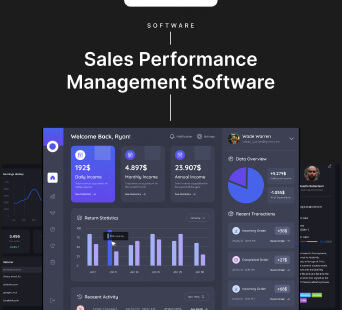
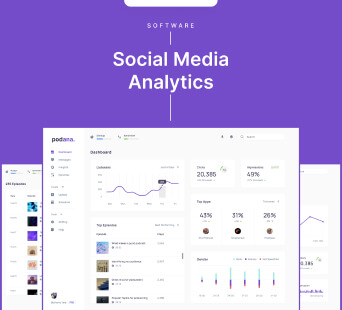
Game
Development
Our game developers hold the experience and expertise to be the best for bots to the boss, offering extensive game development support.


Blockchain
Development
Hire blockchain developers to leverage the extensive security offering of blockchain algorithms and offer top-notch security to your advanced development solutions.


Salesforce
Solutions
Automate, manage and enhance customer relations, sales offerings, marketing strategies, and other affecting areas through our salesforce solutions.
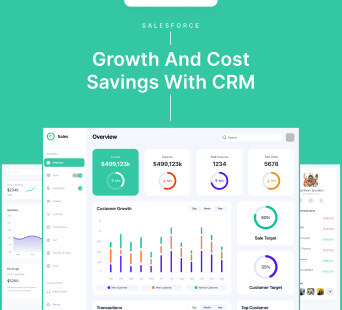
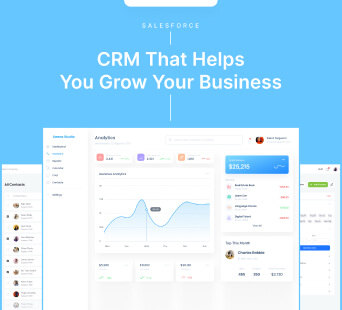
Other
Services
Our developers make sure to justify every one of your requirements just the way you want, no matter how small or big it can be. Whether you need Data science and Big data analytics services to enhance your business operation, want to offer a unique user experience through AI/ML integration, need to build a smart automation system, or it can be a metaverse universe; experts at Hyperlink InfoSystem have got you covered. Got any custom development requirements that we have missed mentioning here? Don't worry, we have got the experts on hand for that as well.


Process We Follow
Being a Top development company, the proficient developers of our teams follow a well-organized development process that includes the following steps.
Requirement Gathering
We help clients to gather and analyze the requirements to understand the functionalities to be integrated into the app. This process enables us to draw a development plan and transform the clients’ concepts into an efficient and functional app.



UI/UX Design
Our developers use effective UI trends to design apps that are not only pleasing to the eye but also intuitiveness and consistency. We make sure the applications not only satisfy the needs of our clients but are also simple and convenient for the end-users.
1800+
UI/UX Designed
Prototype
We develop a preliminary visualization of how the mobile app would look and function. The prototype of the mobile application will give an idea of the look and feel of the app, and we test the users’ reactions to the UI and UX designs.



Development
Our team of app developers has a thorough understanding of different programming languages, frameworks, third-party APIs, and more and will develop logic and codes to make your mobile application browsable for your target audience integrating various features and functionalities.



1800+
App & Web Develop
Quality Assurance
Our developers carefully test every app to ensure that they provide an excellent user experience and meet the requirements of our clients. Apps developed by our development team are bug-free because they go through a series of automated and manual testing before deployment.



1800+
App & Web Tested
Deployment
Our app developers follow strict guidelines and best practices of app stores to make your mobile application good to go. The app deployment phase will make sure your mobile applications can meet all the publishing criteria and reach your target audience.



1800+
App & Web Deploy
Support Maintenance
All digital solutions need improvement. The deployment of an app is not the final stage. We work with our clients to offer post-deployment maintenance and support to make sure the mobile application always stays bug-free and trendy.



24x7
Support
Technical Knowledge We Would Like To Share With You
How Much Does It Cost to Build an App Like Zalando?
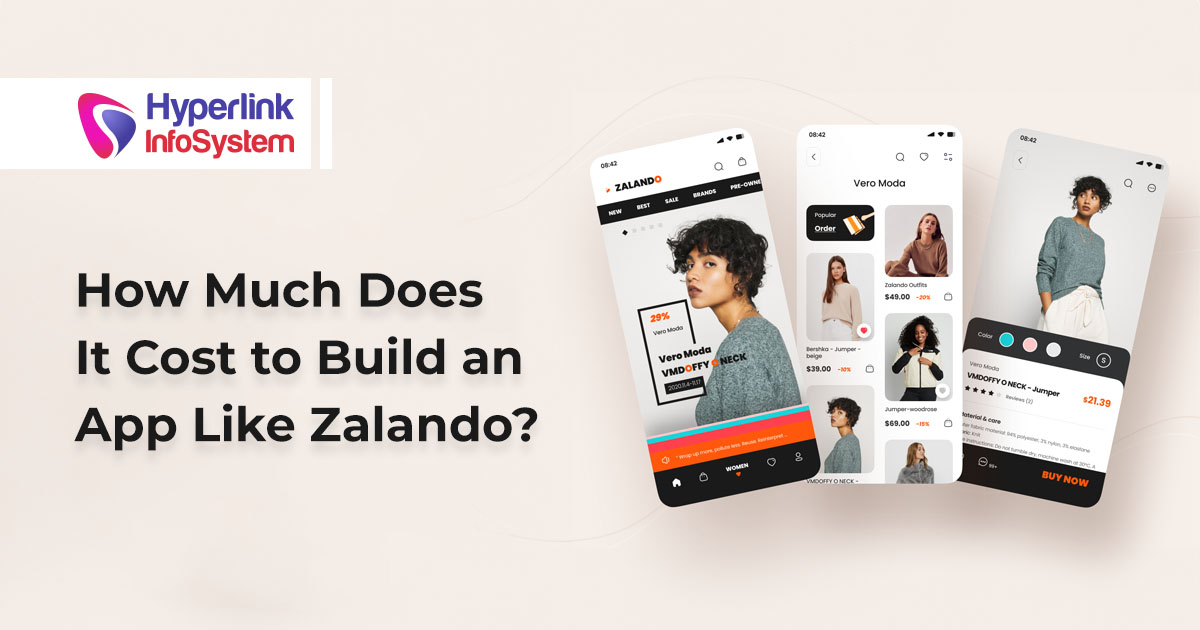
This guide delves into the steps and costs associated with creating e-commerce applications with a similar interface as Zalando. It mainly focuses ..
Top Mobile App Development Tools

Unlock industry-orient strategies to design exceptional mobile apps by learning about the essential tools required for success. Explore this guide ..
How to Create an Efficient Android App for Foldable Devices?
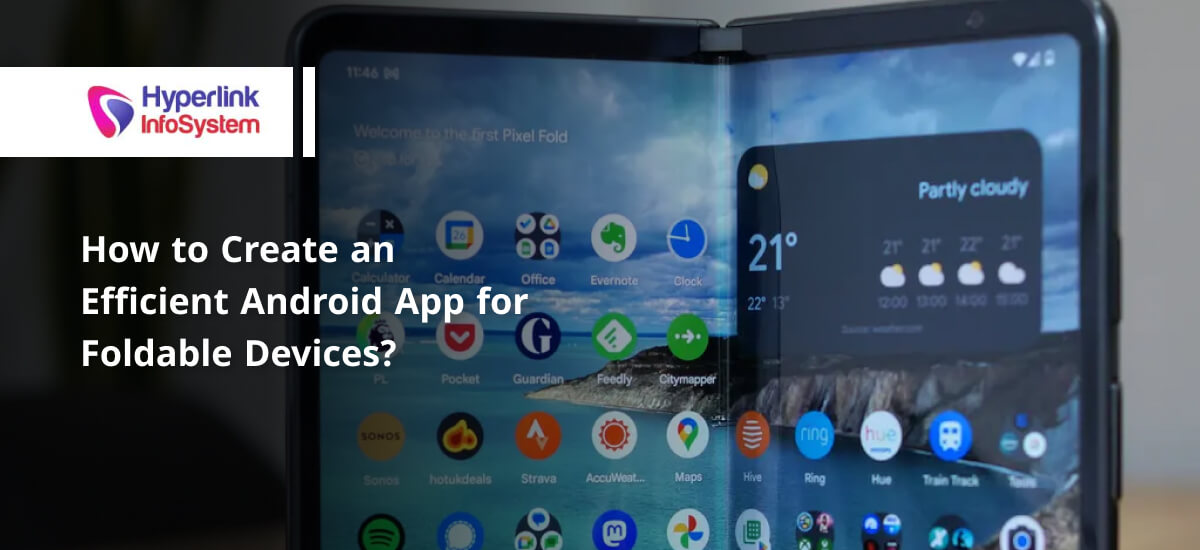
In summary, before developing an Android app for foldable devices, market research, and competitor analysis are necessary. Utilizing flexible layou..
Get Free Quote Now !
Got An Idea? Leave A Message To Us And We Will Reach Out To You Soon.
Developers
Worldwide Clients
